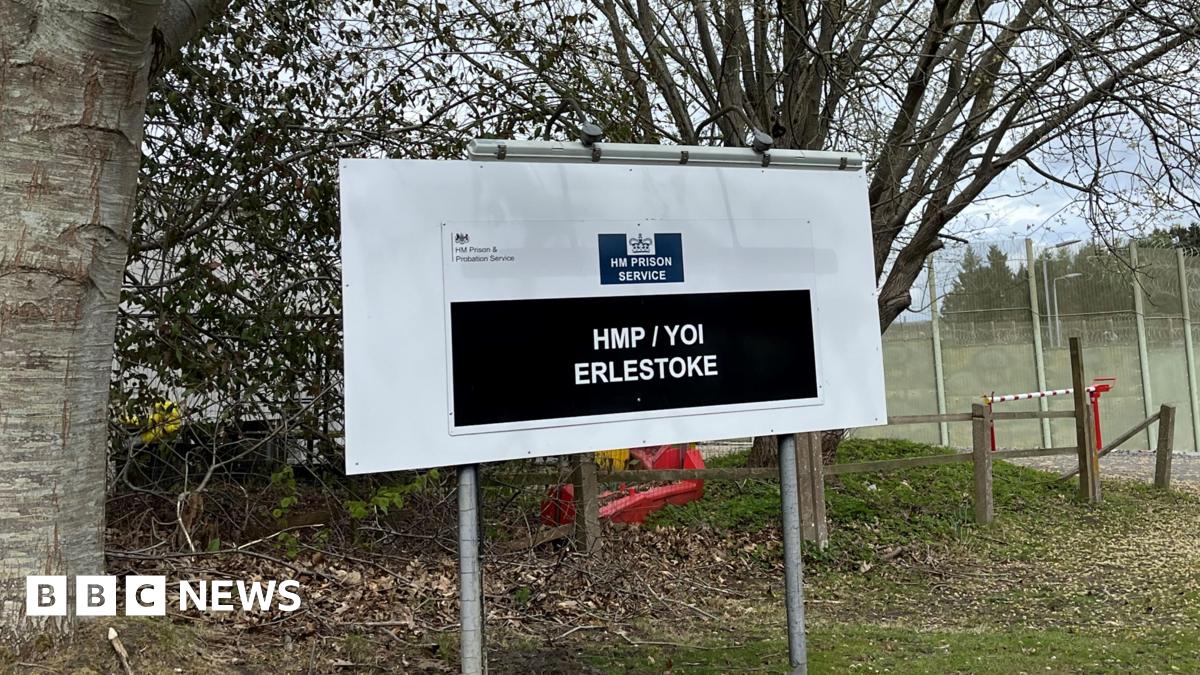The report said the prison had received 584 new arrivals, compared to 316 releases, stretching the facility’s ability to cope with overcrowding.
The IMB said “three planned small secure house blocks” to help increase capacity were “on hold”.
It also found only 380 of 540 targeted sessions per month, during which key workers meet with prisoners, had been achieved.
Laura Bell, chair of the IMB at the facility, said prison offender managers – who helped inmates prepare for release and put them in education courses which addressed their behaviour – were overloaded due to changes in release criteria.
“Because of all these changes to the release system, they’ve been having to do a lot of recalculation of sentences.
“Lots of people will have had more than one offence, it’s a really complex bit of work, and important to get it right.
“They are doing that so much that they are having less contact with their main caseload, and that’s had an impact,” she added.
Ms Bell said healthcare was “a very complex problem within a prison, with a huge number of people who have massive mental health problems”.
She emphasised Erlestoke had an “amazing neurodiversity manager who helps individuals and officers understand” people’s needs.
The MoJ said the government had “inherited a prison system in crisis” but was reforming sentencing to “focus on reducing reoffending and cutting crime”.
It added healthcare in prisons was a “matter for the NHS or private healthcare provider”.
